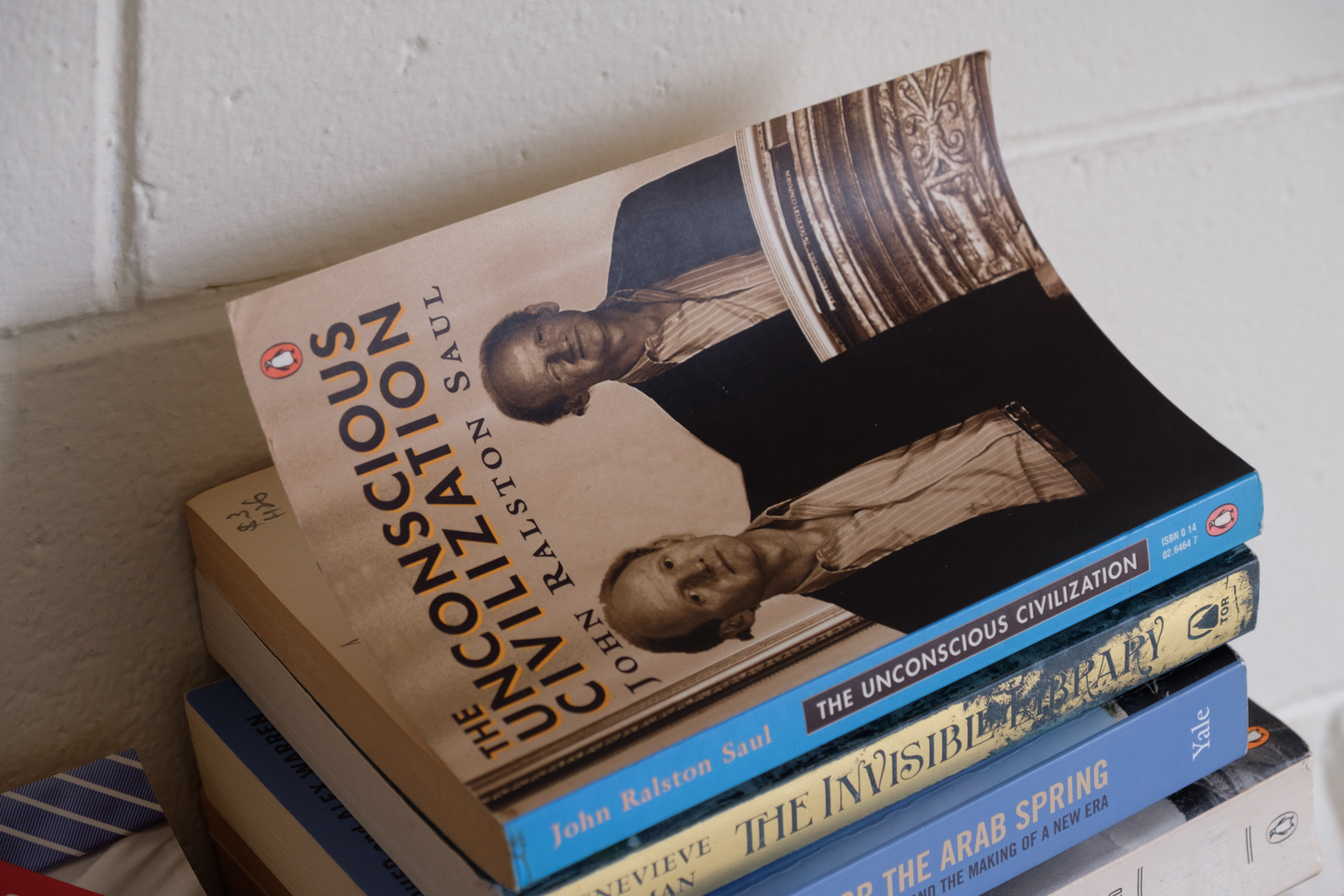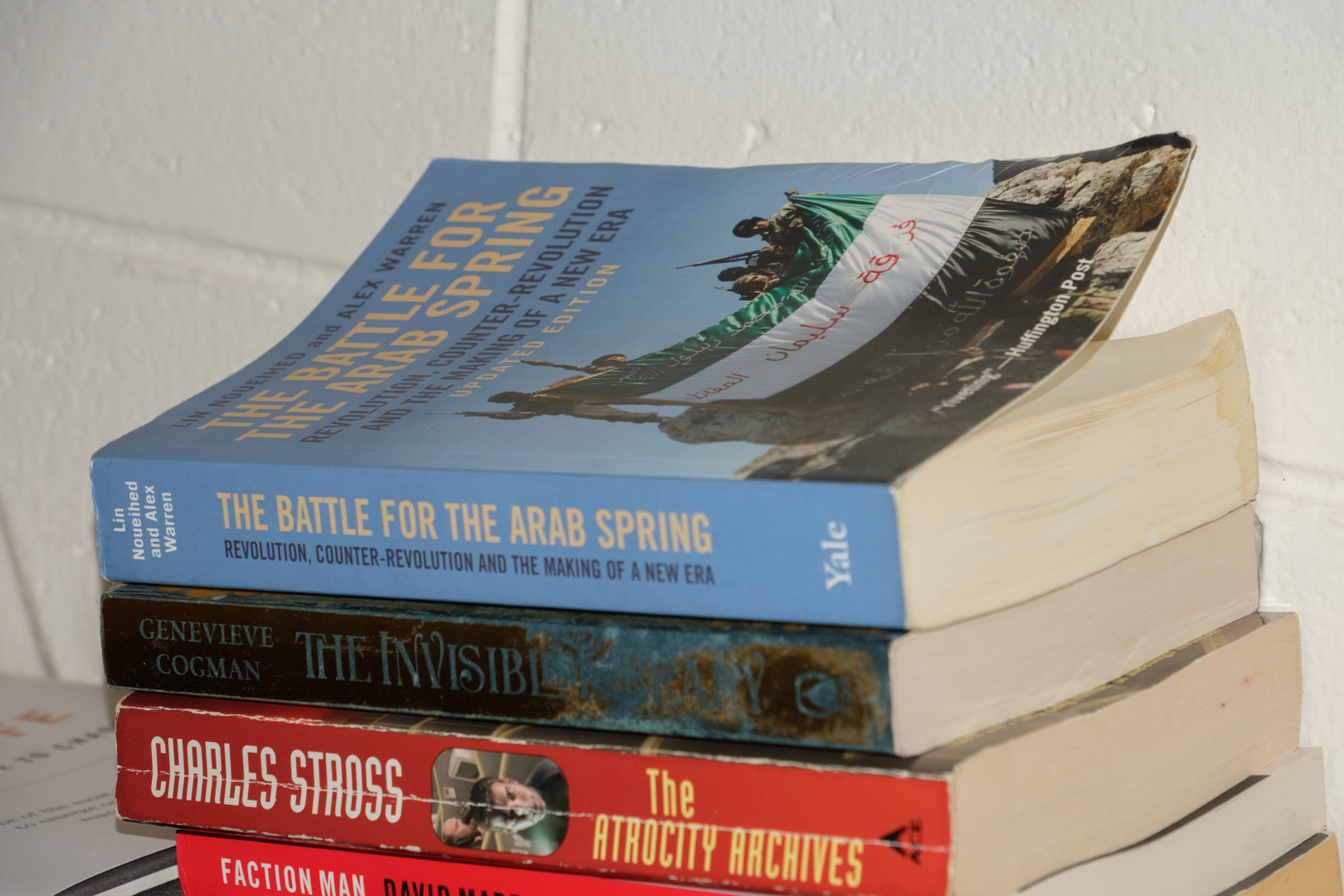Nine and Fairfax have announced a merger, with the resultant company to be called Nine and Nine shareholders to control the majority of shares. This isn’t a merger, but a takeover. Fairfax, as we know it, is dead. With the death knell of Fairfax (publishers of The Age, The Sydney Morning Herald and the Canberra Times) comes the confirmation that online advertising isn’t sufficiently profitable to fund serious journalism.
Tag: Society
-
The Tension Between Education and Training – A Counterpoint
So emphasising a humanist education rather than training builds reasoning, critical thinking and creativity. That’d be great, except that none of those skills are at all useful in the festering wound which is our society. Teaching children to learn and follow their interests only creates a fantasy of adult life, whereas training them for the reality of wage labour avoids any such delusions.
-
The Tension Between Education and Training
What is the point of schooling? Is it to expand your intellectual capabilities and widen your range of thought, or just to train you in the techniques required for future employment? These objectives are not just competitive but actively contradictory and held in constant tension in our education systems.
-

Sport and Discipline
It is a commonly held truism that sports and politics should never mix. Sport is an oasis, untouched by the mundanities of life. But to watch a game of football is to break apart this illusion. Representatives of two nations clash in a contest of strength and skill. A referee enforces strict conformance with arbitrary rules. The crowd’s passions are subsumed in the game. How could this be apolitical?
-
The New Panopticon
Surveillance is a powerful tool to discipline a subject’s actions. Jeremy Bentham recognised this when he proposed a new type of prison in the 18th century. The panopticon design would provide complete visibility of all inmates at all times to a centrally located warden. But Bentham’s real breakthrough wasn’t the importance of surveillance. No, what made Bentham’s idea unique was recognition that actual surveillance wasn’t necessary. The prisoners just needed to think they were being monitored. So long as they couldn’t see whether the warden was watching, they had to assume he was. Though Bentham never managed to get a panopticon built, his ideas remained and have resurfaced in modern times.
-

To What Extent is Society Driven by Ideas?
Ideas are one driver of our society, along with material conditions, power dynamics, great men and a swathe of smaller influences. But are they the central pillars, or just of tangential importance? John Ralston Saul’s The Unconscious Civilization posits that a corporatist ideology is responsible for the ills of society, and that throwing off those intellectual shackles will resolve them.
-
A Society of Infants
We spend our days endlessly repeating simple tasks, and even outside of work we refuse to grapple with higher order ideas and concepts. Politics has been reduced to squabbling over petty resentments, a kind of spectator sport. Even our art has given up on the profound, simply packaging up nostalgia and spectacle to be sold back to us. We cannot call ourselves grown men if we act like infants.
-
The Growing Illiberality of Liberalism
At the core of the liberal philosophy which guides our modern societies are two principles – free people and free markets. It has generally been assumed that these are in harmony. But as the populist consequences of the GFC continue to reverberate through our world, establishment liberals are being forced to choose between the two. Time after time, unelected officials have chosen to protect the markets against the consequences of democracy in a way that lays bare their true priorities.
-
Affirmative Action for the Upper Class
The top university in Australia recently announced a new scheme for assessing undergraduate applicants. The ANU’s new policy will substantially loosen the requirements for academic results and add a new requirement for extra-curricular activities. This acts to screen out those from working class backgrounds and ensure those from the upper class take their ordained place, regardless of talent.
-

Lessons from the Arab Spring
The self-immolation of Tunisian vegetable seller Mohammed Bouazizi in late 2010 set off a wave of protest and revolution against stagnant dictatorships across the Arab world. Ordinary citizens stood up against their tyrants and forced them out with people power. Lin Noueihed and Alex Warren’s The Battle for the Arab Spring tells the story of these rebellions – a tale which should be heeded by those who seek a better world.